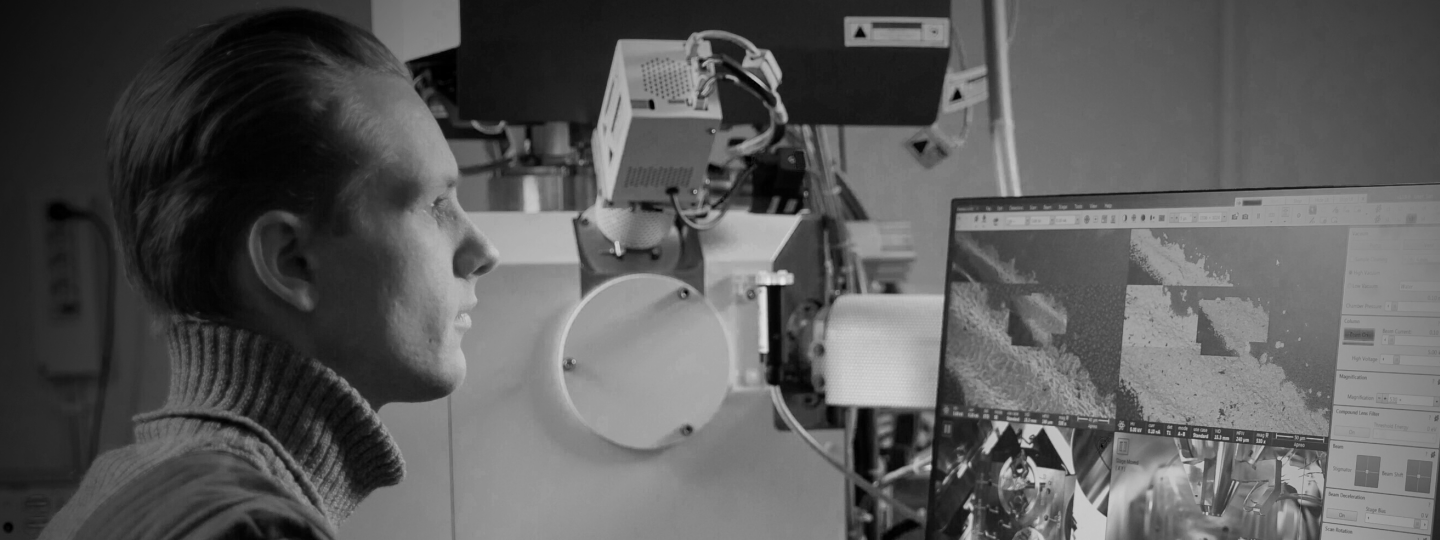Topics of the course are chemical process and environmental engineering, chemistry and materials of energy storages.
Functional materials are advanced materials designed and synthesized for some specific function with proper surface morphology and tailored properties. This course is the first part of three that all deal with materials that perform specific functions, for example having electronic, magnetic, optical or piezoelectric properties.
Course contents
The course introduces different types of functional materials. Materials that will be presented are electronically conducting polymers, different allotropes of carbon as fullerenes, carbon nanotubes, carbon dots, and different types of graphene, metalorganic framework molecules, inorganic 2D materials and different composite and hybrid materials. A short history of the materials is followed by brief explanation of main features and functions of each material.
Learning outcomes
After the course, you will
- know the basics of more advanced materials and how they were discovered
- have an idea about their basic structure and about what kind of characteristics and properties can be expected.
- This course doesn’t have a fixed schedule and it can be studied at your own pace.
- Completion by writing a learning diary (presumed student´s workload for independent studying approx. 25-27 h).
- The material is available online in Moodle.
More information in the University of Turku study guide.
You can get a digital badge after completing this course.
Application instructions are on the course website.
Contact person for applications
Responsible teacher: Carita Kvarnström, University of Turku
Further information about the course and studying: Timo Vasankari, University of Turku
